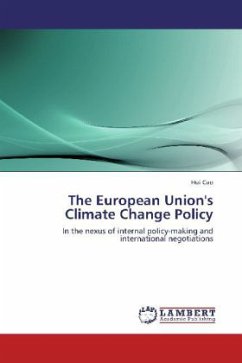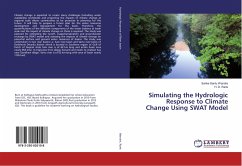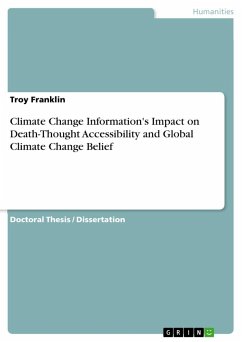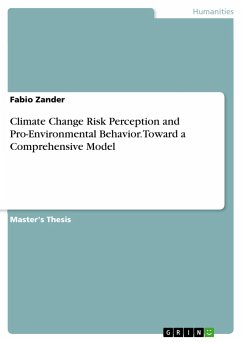The aim of the book is to examine the European Union s climate policy in the nexus of domestic policy-making and international negotiations. I firstly test the EU s internal climate policy-making by applying the rational choice institutionalism on the model of institution and preference affect EU s policy outcomes and conclude that: as the EU has a convergent preference, the EU s unique decision-making procedure, the entrepreneurship and EU s membership had been driving EU s climate policies into preferable outcomes. As the EU s preference is divergent, external factors affected the EU s divergent preferences and unified it to approve the ETS in the EU-wide. Second, I examined the relations between the EU s internal climate policy-making and international negotiations by applying the two-level game approach. The findings is that the Kyoto Protocol has a crucial impact on the developments of EU s climate change policies in terms of driving the EU s internal climate policy-making into a regulatory, centralised and market-based instruments direction. In return, EU climate change instruments, such as the EU ETS, are becoming more influential at the international climate negotiations
Bitte wählen Sie Ihr Anliegen aus.
Rechnungen
Retourenschein anfordern
Bestellstatus
Storno








